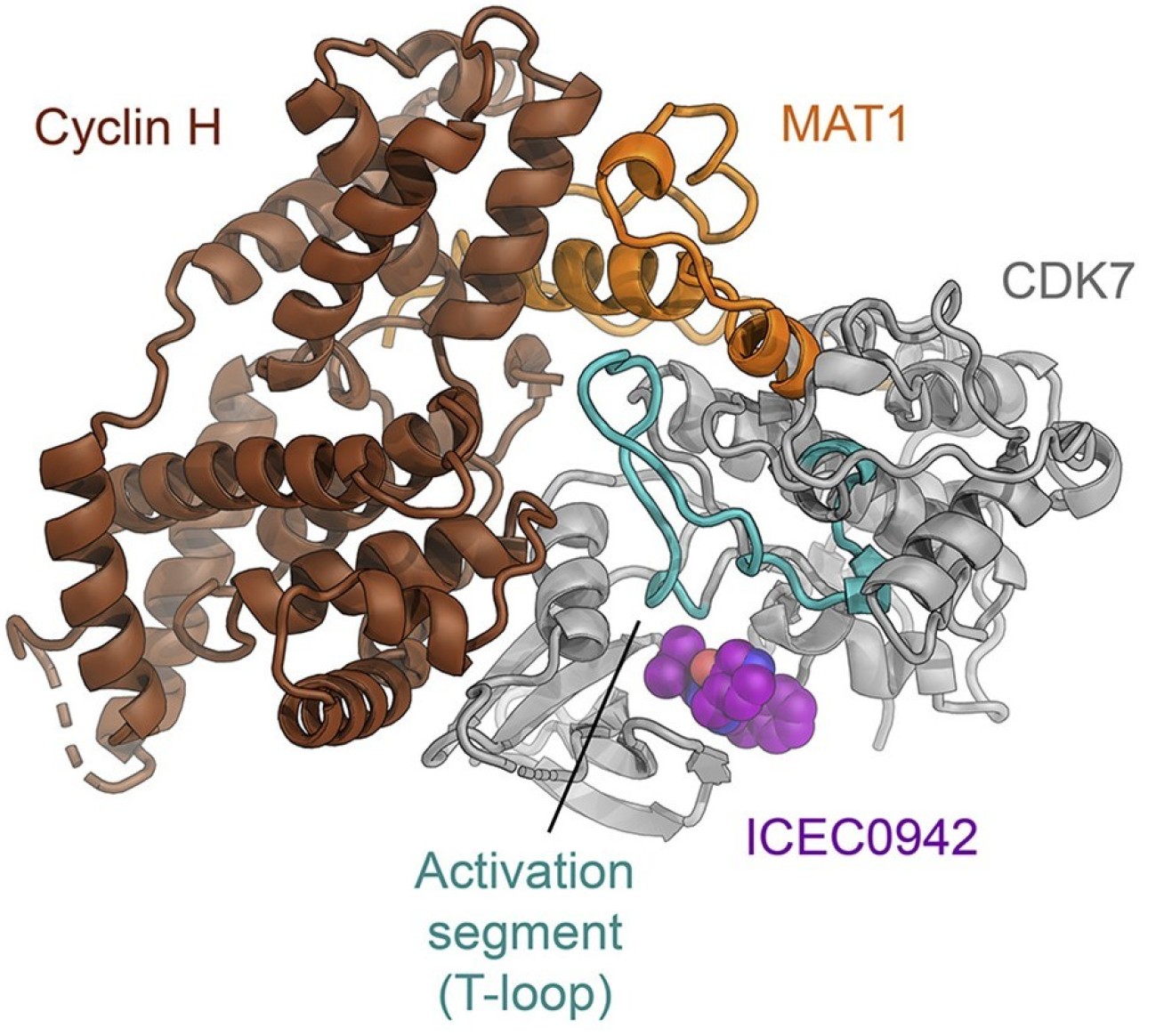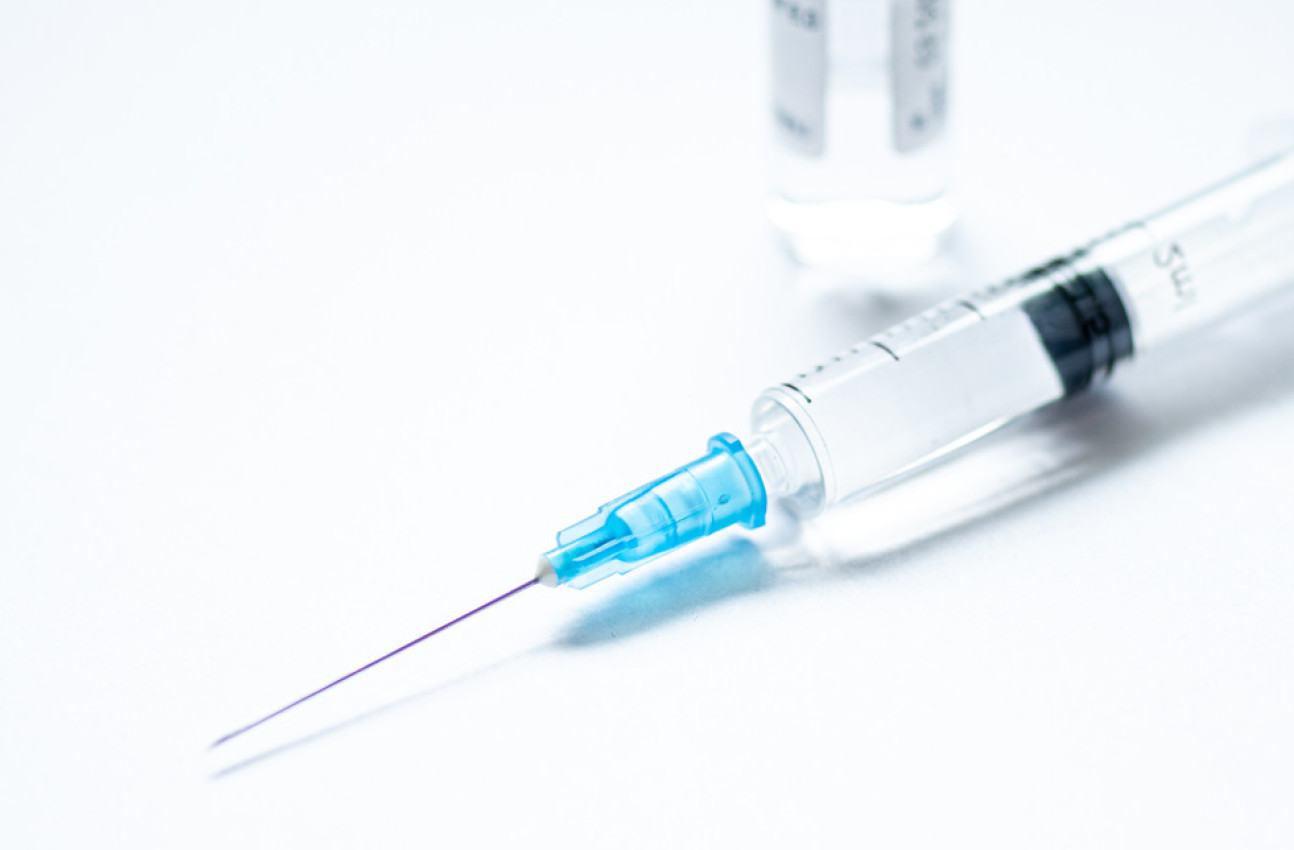Antimicrobial hijacking and cholesterol cutting: News from the College

Here’s a batch of fresh news and announcements from across Imperial.
From an uncovered mechanism of bacterial attack tactics to the roll out of a new cholesterol-lowering injection, here is some quick-read news from across the College.
Antimicrobial hijacking

Different species of bacteria, including ones that live inside us, can battle each other for scarce resources. Now, researchers led by Dr Konstantinos Beis at Imperial and Professor Jonathan Heddle from Jagiellonian University, Poland, have uncovered the mechanism of one of bacteria’s attack tactics.
The team imaged in detail the structure of a protein called SbmA that bacteria like E. Coli use to take in peptides, but which other bacteria can ‘hijack’ by making them take in peptides that have antibiotic properties, harming their rivals.
Using the new structure of SbmA, the team propose how it is hijacked at the molecular level, which could pave the way for designing new antibiotics molecules that take advantage the same mechanism.
The new structure also reveals new insights into how such transporters are powered, potentially bridging the gap between proton-driven and ATP-driven transporters.
Read the full paper in Science Advances: ‘Molecular mechanism of SbmA, a promiscuous transporter exploited by antimicrobial peptides’
Phone 2.0
Students from the Dyson School of Engineering and Weissensee School of Art and Design berlin have collaborated on a studio project looking at the design of the smartphone. Recognising that the phone call has taken a back seat, the students imagined what this Ultratool might look like in the near future.
The project, co-led by Dr Elena Dieckmann and Professor Thomas Ness, brought together diverse groups of students who considered cultural and societal behaviours, design standards and blind spots in existing smartphone design.
Each team of 3-4 students used their different perspectives to develop project ideas and explore possible interactions through prototypes before developing a final concept. The successful collaboration with Weissensee will continue this academic year.
Tech Excellence Awards
 Imperial Information & Communications Technology team members have been shortlisted for a host of Women in Tech Excellence Awards.
Imperial Information & Communications Technology team members have been shortlisted for a host of Women in Tech Excellence Awards.
The Imperial finalists include:
- Jacqui Lipinski who is shortlisted for Digital Leader of the Year: Enterprise; Role Model of the Year: Public Sector & Universities; and Transformation Leader
- Rachael Hayes who is shortlisted for Rising Star of the Year: Public Sector & Universities
- Rebecca Freir, shortlisted for Software Engineer of the Year
- Suzanne Hoy, shortlisted for Rising Star of the Year: Public Sector & Universities
The Women in Tech Excellence Awards will take place at The Brewery in London on Wednesday 24 November. See the complete finalists list.
Fast-track cancer drug

A cancer drug compound discovered by a team of researchers at Imperial, led by Professors Charles Coombes, Anthony Barrett, Simak Ali and Matthew Fuchter has received Fast Track status from the US Food and Drug Administration (FDA).
The FDA’s Fast Track program is designed to facilitate and expedite the development of investigational treatments that demonstrate a potential to address unmet medical needs in serious or life-threatening conditions; in this case, certain types of treatment-resistant breast cancer for which patients have few treatment options.
The compound, which has been licenced to Carrick Therapeutics, has been through phase 1 and 2 clinical trials, and is now entering extensive trials in the UK and Europe in a collaboration with Roche and Genentech.
Read more in Carrick Therapeutics’ press release.
Decent living and climate goals
 Many across the globe, especially in sub-Saharan Africa and South Asia, lack access to basic services, and lifting people out of poverty means an increase in energy use.
Many across the globe, especially in sub-Saharan Africa and South Asia, lack access to basic services, and lifting people out of poverty means an increase in energy use.
Some have questioned whether the impact of providing decent living standards (DLS) can be reconciled with reducing carbon emissions to limit climate change. Now, a team led by the International Institute for Applied Systems Analysis (IIASA) and Imperial researcher Jarmo Kikstra found that raising the living standard of the poor requires relatively little energy.
They found the amount of energy needed globally for decent living for all is less than half of the total final energy demand projected under most future pathways that keep temperature rise below 1.5 C.
However, they also find challenges with the need for energy growth in poor regions. The team say equity in living standards demands significant convergence between rich and poor countries’ energy use.
Read more on the IIASA website and Carbon Brief.
Cholesterol-cutting jab on NHS
 The NHS will make a new cholesterol-lowering injection available to thousands of people at increased risk of heart attacks and stroke.
The NHS will make a new cholesterol-lowering injection available to thousands of people at increased risk of heart attacks and stroke.
The gene-silencing treatment, called inclisiran, lowers cholesterol by stopping the production of a protein called PCSK9. Drug makers say it can be used in combination with other cholesterol-lowering medications, such as statins, to further reduce levels of LDL-cholesterol.
Up to 300,000 people with high cholesterol and a history of stroke or heart attack will get access to inclisiran over the next three years, receiving the twice-yearly jabs at their GP clinic.
Professor Kausik Ray, from Imperial’s School of Public Health, and an investigator on the trials assessing the treatment, said it could potentially save thousands of lives over the next decade by preventing cardiovascular events: “This is a game changer for patients and the NHS… It’s great news for patients. It will reduce their medication burden and offer convenience.”
–
Want to be kept up to date on news at Imperial?
Sign up for our free quick-read daily e-newsletter, Imperial Today.

Article text (excluding photos or graphics) © Imperial College London.
Photos and graphics subject to third party copyright used with permission or © Imperial College London.
Reporter
Hayley Dunning
Communications Division
Andrew Youngson
Communications Division
Sarah Saxton
Communications Division
Ryan O'Hare
Communications Division

